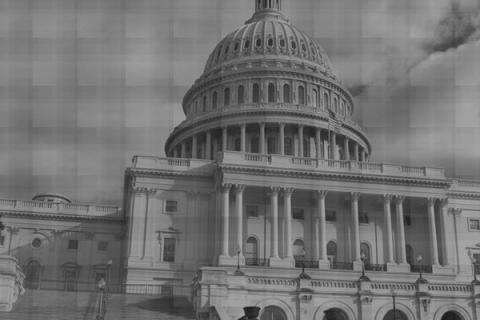"If the only prayer you ever say in your entire life is thank you, it will be enough."-Meister Eckhardt
The coming of Christmas, whether accepted in either a spiritual or secular context, is a time when many Americans pause to reflect upon the paradigm of grace in their lives. We pause, however strained our circumstances – and America’s economic challenges have strained that of many – because we know in comparison to others in our world we are among the most blessed.
 But if you pay undue attention to the media, you may be forgiven for thinking our world is nothing more than war, economic greed, political intrigue, celebrity obsession, global warming, murder, mayhem, sex, drugs, and addictions – and that’s on a good day
But if you pay undue attention to the media, you may be forgiven for thinking our world is nothing more than war, economic greed, political intrigue, celebrity obsession, global warming, murder, mayhem, sex, drugs, and addictions – and that’s on a good day
But it isn’t.
Yes, bad things happen to good people. Economic challenges arise, worrisome health issues come up, friends and family members pass away, marriages end, but these are not the norms of everyday life. Since no one, therefore, is immune from the difficulties all of us face at various times, it is good to consider those who ease our burdens and calm our anxieties.
The grace of saying thank you is never far from my mind. Our parents commanded it of their six children. It was a lesson the six of us never forgot. But increasingly in our society, it is a grace too often forgotten – and we are the lesser for it.
I have long held the belief from a lifetime of church going and involvement in ecumenical affairs that absent the faith community, America’s social fabric tears asunder. Everyday in your life and mine, there is a vast array of men and women, responding to the call of their faith, seeking to ease the burdens and lift the lives of others.
But while I am unshakeable in my belief of the debt owed the faith community, I am no less certain that many are ignorant of its contributions. I often remind my fellow liberals that while they may not be men and women of faith, fairness and justice obliges them to acknowledge the gifts of others.
But the ignorance of many related to the extraordinary deeds done by churches, synagogues, and mosques, is forgivable. Most faiths shun taking credit for the contributions made in behalf of others. But in this world if you don’t’ take credit no one will know, beyond the immediate beneficiaries of your charity.
I have implored members of the Christian clergy with whom I have close friendships to tell their church’s stories. But my counsel has been rejected because I’m told churches shouldn’t publicize their good deeds. In this they are wrong. (And seemingly they ignore the New Testament’s warning about lighting a candle and hiding it under a bushel.)
I have specifically asked churches to individually and collective issue Annual State of the Church Reports to their communities, cities, and America; to tell the story of their programs of assistance, programs that extend far beyond their churches and members – and by which all of us benefit.
One church and pastor in San Diego, however, has figured this out.
Two years ago the Rock Church and its pastor Miles McPherson gave a report to the people of our city (he didn’t call it a “State of the Church Report”, but he could have).
In that report pastor McPherson said 800 church members had contributed more than 100,000 hours of volunteer service, and by their contributions gave the city an in-kind gift of more than 1.6 million dollars. One Rock program aided more than 10,000 people in one of the city’s most challenged neighborhoods. It did so by providing gifts of food and clothing, and, at Christmas, 500 families benefited from the Rock’s Toys for Joy ministry.
True, the Rock is a big church, with more than 10,000 members, but every church, independent of size, provides similar assistance, and if you were able to measure it in the collective, it would be overwhelming.
We live in a time of grave economic struggle for America. Unemployment is above nine percent (and even higher in California, the nation’s wealthiest state), real income has dramatically fallen (for those still employed), home foreclosures are a national disgrace, health insurance remains unavailable to millions, and 40 million are now judged to be living in poverty.
When you weigh all of this against city, county, and state budgets shortfalls in the billions, and social services stretched to the breaking point, the only institutions offering some element of hope and relief is the faith community – and by that fact our social fabric still holds.
Which is why this holiday season, I respectfully ask everyone to pause and invoke the grace of saying thank you to our brothers and sisters in the faith community. We are ever in their debt.
